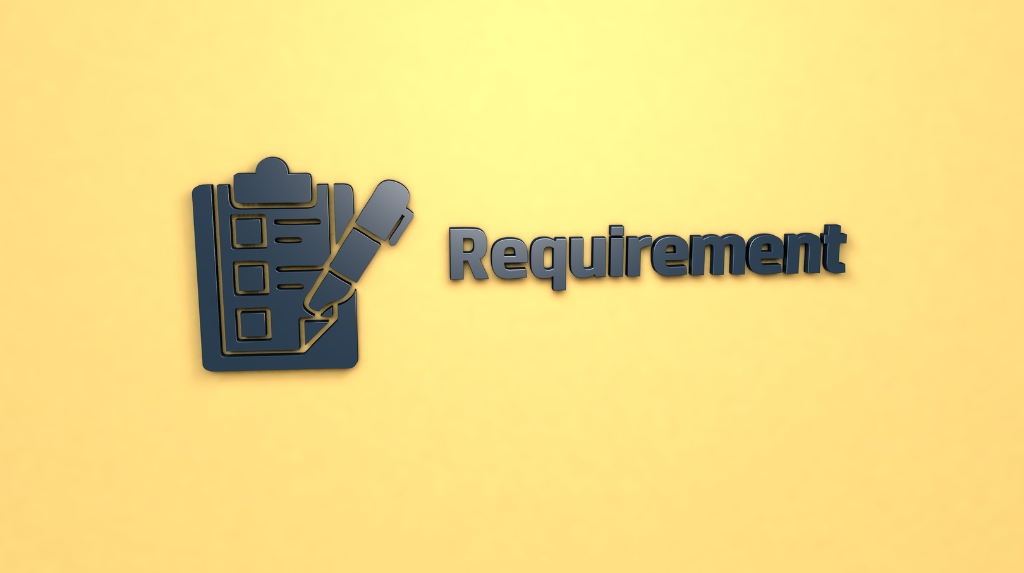Studying in Canada offers a world-class education, cultural diversity, and remarkable experiences. If you’re considering pursuing your academic dreams in the Great White North, understanding the Canada student visa requirements is a crucial step. In this comprehensive guide, we’ll break down the essential criteria, documents, and steps you need to know to embark on your Canadian educational journey.
- PMP Certification for Canada Immigration
- How Long Does PNP Process Take?
- How Long Does Canada Student Visa Take?
Why Study in Canada?
Canada boasts world-renowned universities, a high standard of living, and a welcoming environment for international students. From picturesque landscapes to top-notch education, Canada offers the perfect blend of academic excellence and enriching experiences.
Canada Student Visa Overview
A Canada student visa, also known as a study permit, allows international students to study at Designated Learning Institutions (DLIs) in Canada.
Eligibility Criteria for a Canada Student Visa
To be eligible, you must:
- Have a letter of acceptance from a DLI
- Prove your financial ability to cover tuition, living expenses, and return transportation
- Have a clean criminal record
- Intend to leave Canada upon completion of your studies
Document Checklist: What You Need to Prepare
Documents include:
- Passport
- Letter of acceptance from a DLI
- Proof of funds
- Passport-sized photographs
- Statement of purpose
Language Proficiency Requirements
You may need to take an English or French language proficiency test, such as IELTS or CELPIP, and meet the required score.
Proof of Financial Support
You must demonstrate the ability to cover tuition and living expenses. This can be through bank statements, scholarships, or sponsorships.
Acceptance Letter from a Designated Learning Institution
Having an acceptance letter from a DLI is a key requirement for obtaining a Canada student visa.
Medical Examination and Health Insurance
Some students may need a medical examination. Health insurance is mandatory in most provinces.
Biometrics Appointment
You’ll need to visit a Visa Application Center (VAC) to provide biometric information.
Application Process
- Receive acceptance letter
- Gather required documents
- Complete the online application
- Pay the processing fee
- Biometrics appointment
- Attend an interview, if required
- Wait for processing
- Receive your study permit
Common Mistakes to Avoid
Incomplete Application Submission
One of the primary mistakes applicants make is submitting incomplete forms. Ensure that all required fields are filled accurately, and all supporting documents are included. An incomplete application may lead to delays or even rejection.
Missing Deadlines
Missing application deadlines is a critical error. Be aware of the submission timeline and submit your application well in advance. Last-minute submissions can result in added stress and may affect the processing time.
Providing Inaccurate Information
Accuracy is paramount. Double-check all the information provided in your application, including personal details, addresses, and contact information. Inaccurate information can lead to complications and may be considered as a lack of honesty.
Neglecting Supporting Documents
Each type of visa requires specific supporting documents. Failing to include any required documentation can lead to delays or rejection. Check the visa guidelines carefully and ensure you have all necessary papers before submission.
Overlooking Health Insurance Requirements
For many visa types, health insurance is mandatory. Overlooking this requirement can lead to complications in the application process. Make sure your insurance coverage meets the standards set by the destination country.
Ignoring Proof of Funds
Financial stability is a crucial factor in visa applications. Provide clear proof of funds to cover your stay, whether for tourism, work, or study. Insufficient funds can raise concerns about your ability to support yourself.
Not Tailoring the Application
Generic applications may not address the specific requirements of your visa category. Tailor your application to align with the visa you’re applying for, providing relevant information and addressing specific criteria.
Failure to Communicate Changes
If there are changes in your circumstances after submitting the application, such as a change in address or marital status, inform the relevant authorities promptly. Failure to communicate changes can lead to complications in the process.
Disregarding the Importance of Language Proficiency
For certain visas, language proficiency tests may be required. Disregarding this requirement or underestimating its importance can jeopardize your application. Ensure you meet the language criteria and provide valid test results.
Not Seeking Professional Guidance
Visa applications can be complex, and each country has its unique requirements. Not seeking professional guidance when needed is a common mistake. Consulting with immigration experts can enhance your understanding of the process and increase your chances of success.
Frequently Asked Questions (FAQs)
Can I work while studying in Canada?
Yes, as an international student in Canada, you are allowed to work part-time during your studies. This provides a valuable opportunity to gain work experience, supplement your income, and foster a well-rounded educational experience.
Can I apply for a post-graduation work permit?
Absolutely. Upon successful completion of your studies, you may be eligible for a post-graduation work permit (PGWP). This permit allows you to work in Canada and gain valuable Canadian work experience, enhancing your prospects for future opportunities.
Can I travel within Canada with a study permit?
Yes, you can travel within Canada with a valid study permit. However, it’s crucial to ensure that your study permit remains valid throughout your travels. Always check the expiry date and comply with any conditions attached to your permit.
Can I bring my family with me?
Your family, including your spouse or common-law partner and dependent children, may be eligible to accompany you to Canada. They can apply for a visitor visa or a work/study permit, depending on their circumstances. This adds a familial touch to your Canadian academic adventure.
How long does it take to process a study permit?
Processing times for study permits in Canada can vary. It’s advisable to apply well in advance of your intended start date to allow sufficient time for processing. Factors such as the volume of applications and the completeness of your submission can influence processing times.
In conclusion, embarking on a study journey in Canada opens doors to education, cultural experiences, and a promising future. By understanding and fulfilling the Canada student visa requirements, you’re one step closer to becoming a part of Canada’s vibrant international student community.
Do you need a Student visa to Canada?
Contact our team of skilled immigration lawyers to discuss your visa and immigration needs.
Call us on +234 812 5505 986 or WhatsApp us at +234 818 1547 085 for immediate assistance with your situation. We are available to assist you in person, over the phone, or online.





